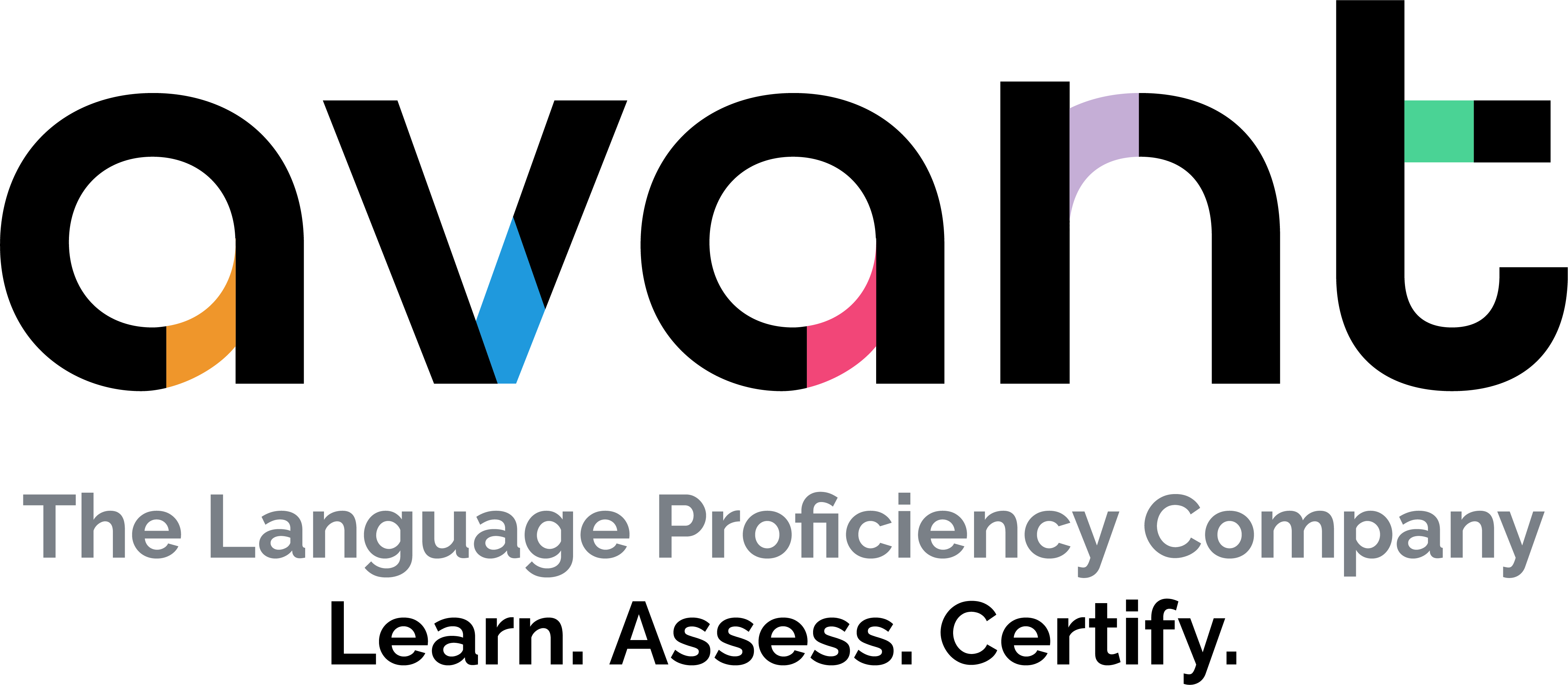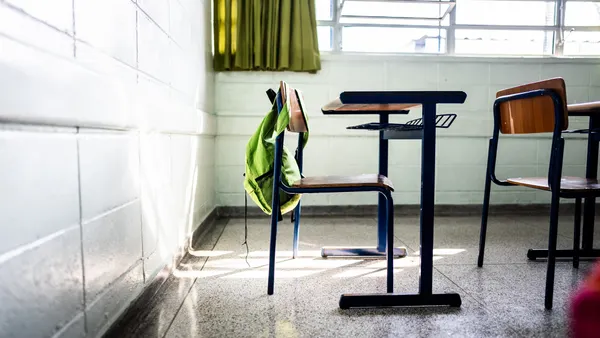Dive Brief:
- Summer math learning programs can be effective in mitigating learning losses disproportionately experienced by low-income pre-K-12 students during the pandemic, according to research published Wednesday by the American Educational Research Association.
- Researchers found children involved in math-focused summer programs tended to score higher on standardized math tests and had higher math class grades than other students.
- The research also suggests participation in math-focused summer programs positively affected noncognitive outcomes, such as higher school attendance rates and lower disciplinary referrals.
Dive Insight:
“Our results show that schools, district leaders, and community groups should consider increasing their investments in summer programs as an evidence-based strategy to aid in pandemic-related educational recovery, particularly for children whose learning has been placed most at risk,” said study co-author Kathleen Lynch, an assistant professor of learning sciences at the University of Connecticut.
Summer learning programs have been promoted by the Biden administration as a recommended practice for helping students recover from pandemic-related learning disruptions. A fact sheet released by the White House Wednesday said all 50 states, Washington, D.C., and Puerto Rico are investing in summer learning and enrichment programs.
American Rescue Plan funding required that at least 5% of state funds and 20% of district funds be used for evidence-based practices addressing lost instructional time At least 1% had to be used by states and districts to support after-school programs and at least 1% for summer learning and enrichment programs.
Meanwhile, U.S. Secretary of Education Miguel Cardona and First Lady Jill Biden started a multi-state tour through Connecticut, Michigan, and Georgia on Wednesday to highlight programs using ARP funds to expand summer academic, mental health and social-emotional supports for students.
Detroit, for example, is using part of its $800 million ARP allotment to double the number of students attending summer school this year to 8,000. In Athens, Georgia, students from Barnett Shoals Elementary School can attend a Horizons National summer learning program at the University of Georgia, financed through a $192,500 three-year grant, the fact sheet said.
While school systems are looking to boost summer offerings, one challenge they face is teacher shortages. Summer programs in Maine, Connecticut, Ohio and Georgia have had to scale back or cancel offerings due to lack of staff, according to EdSurge.
According to a Center on Reinventing Public Education review of summer learning plans for 100 of the nation's large and urban districts, many have the same offerings as in 2021 or have cut back.
Of the 100 districts, about 70 said summer programming will focus on credit recovery and social-emotional well-being. That's down from 2021, when 79 districts indicated planning for summer social-emotional programs and 74 planned credit recovery offerings.
For some students and teachers, the summer break is already over and the 2022-23 school year has begun. Students in Texas' Aldine Independent School District's Additional Days School Year program had their first day of school Monday and will close out the year on June 16, 2023.
Students in New York City, however, have more than a month left of summer vacation. They don't head back to class until Sept. 8.














